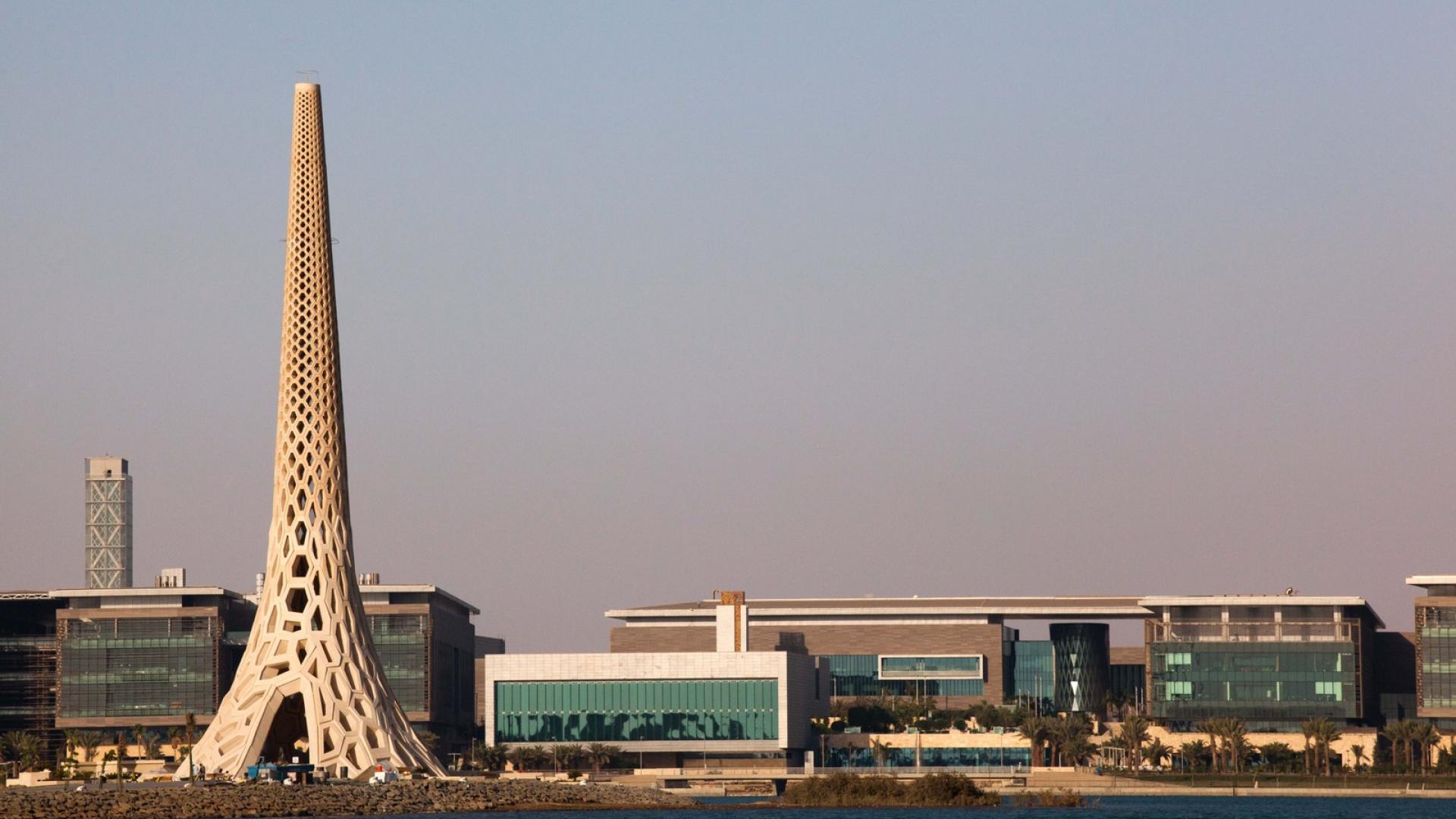Abstract
Finding a source from which high-energy-density biofuels can be derived at an industrial scale has become an urgent challenge for renewable energy production. Some microorganisms can produce free fatty acids (FFA) as precursors towards such high-energy-density biofuels. In particular, photosynthetic cyanobacteria are capable of directly converting carbon dioxide into FFA. However, current engineered strains need several rounds of engineering to reach the level of FFA production for it to be commercially viable. Thus, new chassis strains that require less engineering are needed. Although more than 140 cyanobacterial genomes are sequenced, the natural potential of these strains for FFA production and excretion has not been systematically estimated. In relation to the above-mentioned problems, we developed the first in silico screening method (FFASC) that evaluates the cyanobacterial strains' potential for FFA production based on the strains' proteome, which for the first time allows non-experimental selection of the most promising chassis for cyanofactories. The solution is based on the original problem formulation, optimization, and ranking. To provide developers and researchers easy means for evaluation and assessment of the cyanobacterial strains potential for the production of FFA, we developed the BioPS platform. In addition to being able to compare the capacity for FFA production of any novel strain against 140 pre-valuated strains, BioPS can be used to explore characteristics and assessment rules in play for an individual strain. This is the first tool of this type developed. Finally, we developed a novel generic in silico method (PathDES) for ranking and selection of the most suitable pathways/sets of metabolic reactions, which suggests genetic modifications for improved metabolic productivity. The method heavily relies on the optimization and integration of disparate information in a novel manner. It has been successfully used in connection with FFASC for the design of cyanofactories. In conclusion, this study has contributed novel and unique methods, and tools for the field of bioinformatics, with applications towards the metabolic design of cyanofactories. We believe that these will be of good use to researchers and technology developers in this field.
Brief Biography
Olaa Motwalli is a Ph.D. student in Computational Science and a member of the Computational Bioscience Research Center (CBRC) at KAUST. She obtained her Bachelor's degree in Computer Science at King Abdul Aziz University in Jeddah and obtained her Master's degree in Computer and Software Engineering at Widener University in the USA. Her research interests are mainly the development and computational support for the design of sustainable biofuel production via microbial cell factories through machine learning, graph mining, and algorithm development, genome-scale metabolic modeling, as well as pathway design. Her current research focuses on developing novel computational methods that facilitate the development of cyanofactories for free fatty acid production.
